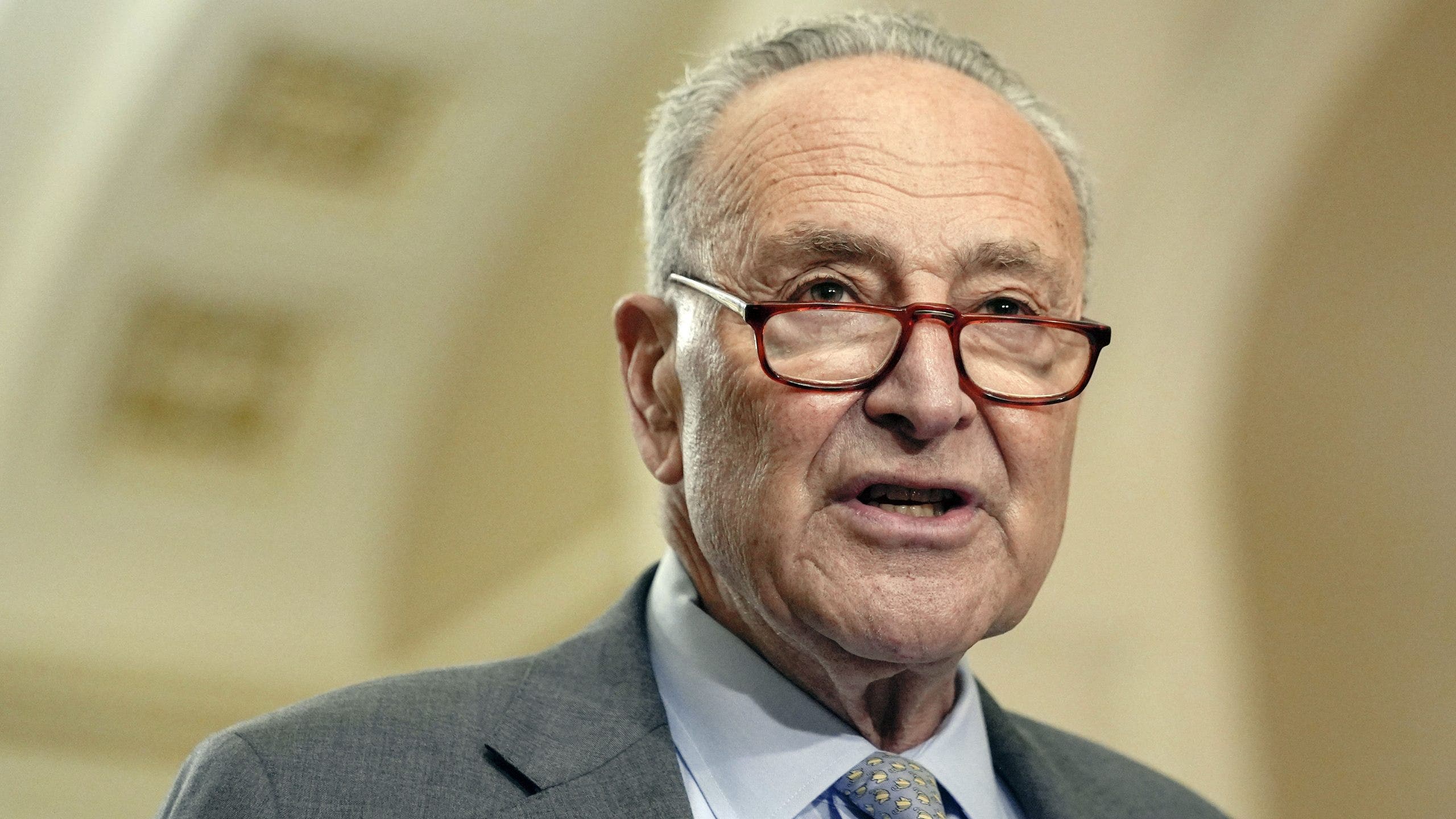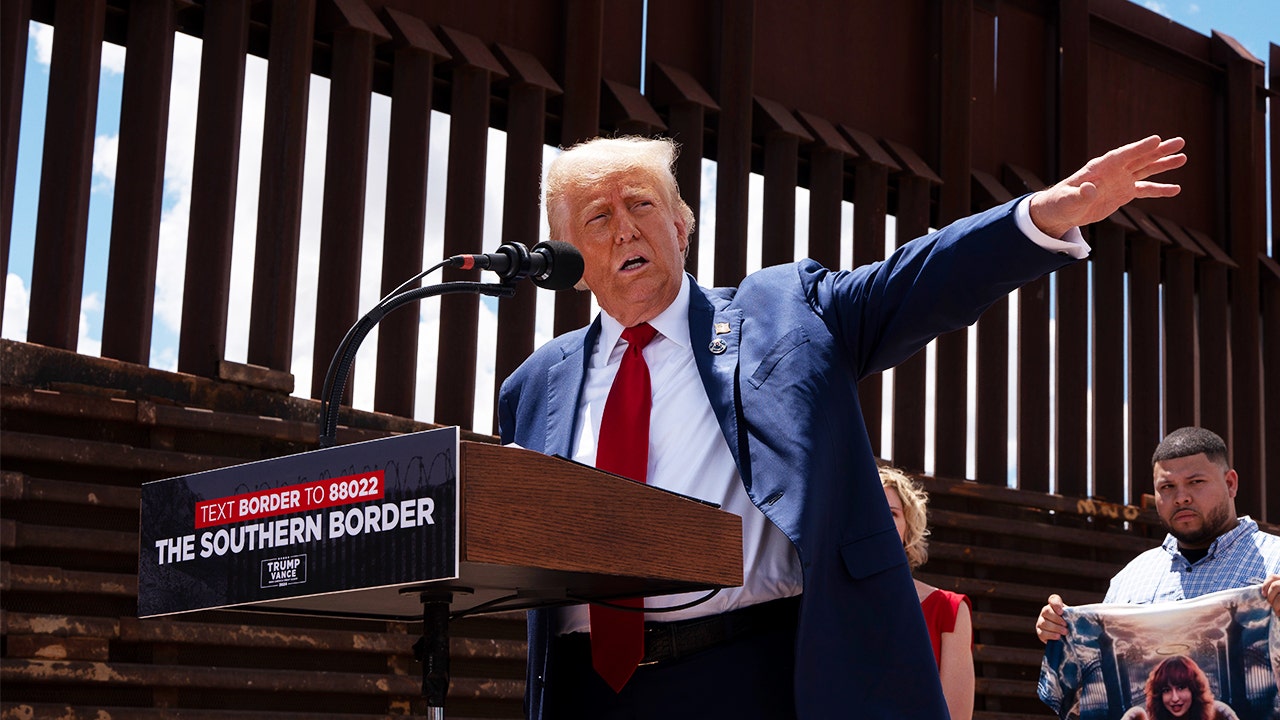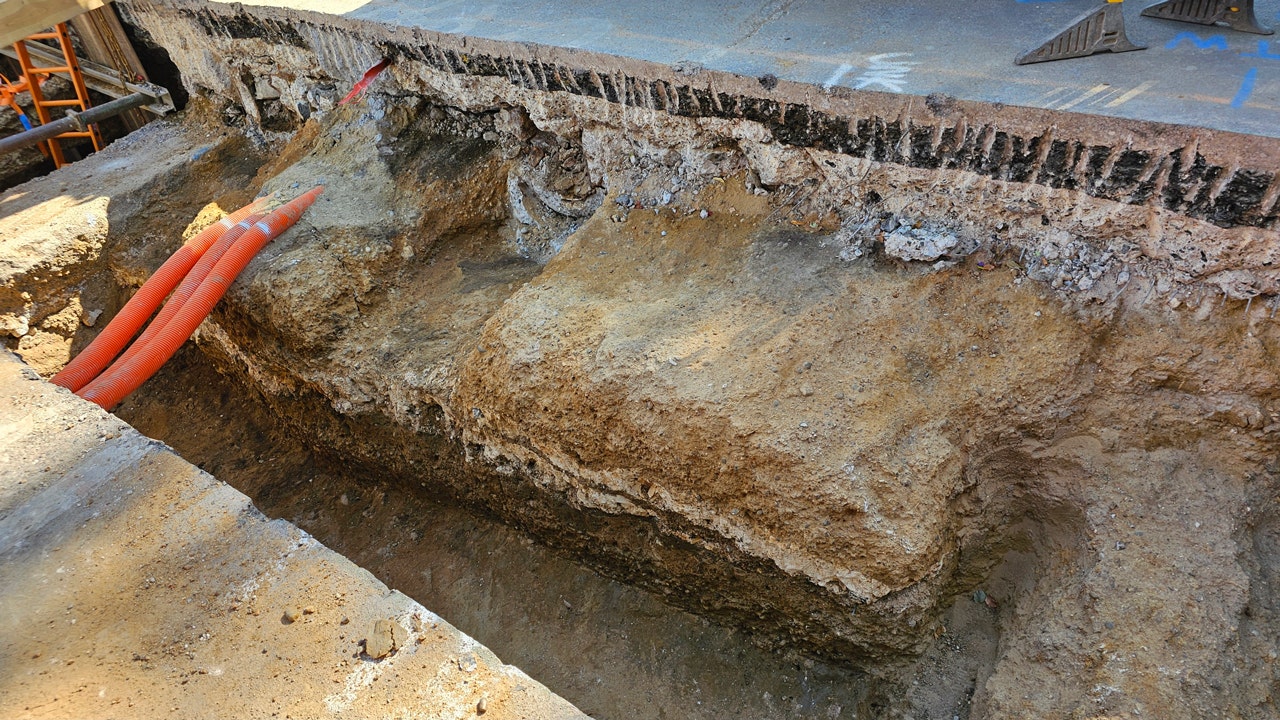An attack Friday at a popular concert venue near Moscow killed 137 people, the deadliest act of terrorism in the Russian capital in more than a decade.
A branch of the Islamic State claimed responsibility for the attack; American officials, too, have attributed it to ISIS-K, a branch of the group active in Iran and Afghanistan.
Russian officials and state media have largely ignored ISIS-K’s claim of responsibility and instead suggested that Ukraine was behind the violence. Ukraine has denied any involvement, and American officials say there is no evidence connecting Kyiv to the attack.
Russian authorities have detained at least 11 people, including all four they say were directly involved. But they have not identified the assailants or their motives, other than to say that their four main suspects are foreign citizens.
Here’s a closer look at the attack.
What happened?
The gunmen entered the Crocus City Hall building, one of the biggest entertainment complexes in the Russian capital, with capacity of more than 6,000, shortly before a sold-out rock concert was scheduled to start. Armed with automatic rifles, they began shooting.
Using explosives and flammable liquids, Russian investigators said, they set the building ablaze, causing chaos as people began to run. The fire quickly engulfed more than a third of the building, spreading smoke and causing parts of the roof to collapse. Russia’s emergency service posted a video and pictures from after the fire showing charred seating and firefighters working to remove debris.
Russian law enforcement said that people had died from gunshot wounds and poisoning from the smoke.
At least three helicopters were dispatched to extinguish the fire or to try to rescue people from the roof. The firefighters were only able to contain the fire early on Saturday; the emergency service said it was mostly extinguished by 5 a.m.
The search for survivors ended on Saturday, as details about the victims began to emerge. Many of the more than 100 people injured in the attack were in critical condition.
Russia’s Investigative Committee, a top law-enforcement body, said on Sunday that 137 bodies had been recovered from the charred premises, including those of three children. It said that 62 victims had been identified so far and that genetic testing was underway to identify the rest.
Where are the assailants?
Attackers were able to flee the scene. Early on Saturday, the head of Russia’s top security agency, the F.S.B., said that 11 people had been detained in the connection to the attack, including “all four terrorists directly involved.”
There were signs that Russia would try to pin blame on Ukraine, despite the claim of responsibility by the Islamic State. The F.S.B. said in a statement that the attack had been carefully planned and that the terrorists had tried to flee toward Ukraine.
A Russian lawmaker had said earlier that two terrorism suspects had been detained in the Bryansk region, southwest of Moscow.
How are Russians responding?
President Vladimir V. Putin, who claimed victory in a presidential election last weekend, did not publicly address the tragedy until Saturday afternoon. In a five-minute address to the nation, he appeared to be laying the groundwork to blame Ukraine for the attack, claiming that “the Ukrainian side” had “prepared a window” for the attackers to cross the border from Russia into Ukraine.
But he did not definitively assign blame, saying that those responsible would be punished, “whoever they may be, whoever may have sent them.”
The attack has punctured the sense of relative safety for Muscovites over the past decade, bringing back memories of attacks that shadowed life in the Russian capital in the 2000s.
Russia observed a national day of mourning on Sunday as questions lingered about the identities and motives of the perpetrators. Flags were lowered to half-staff at buildings across the country.





